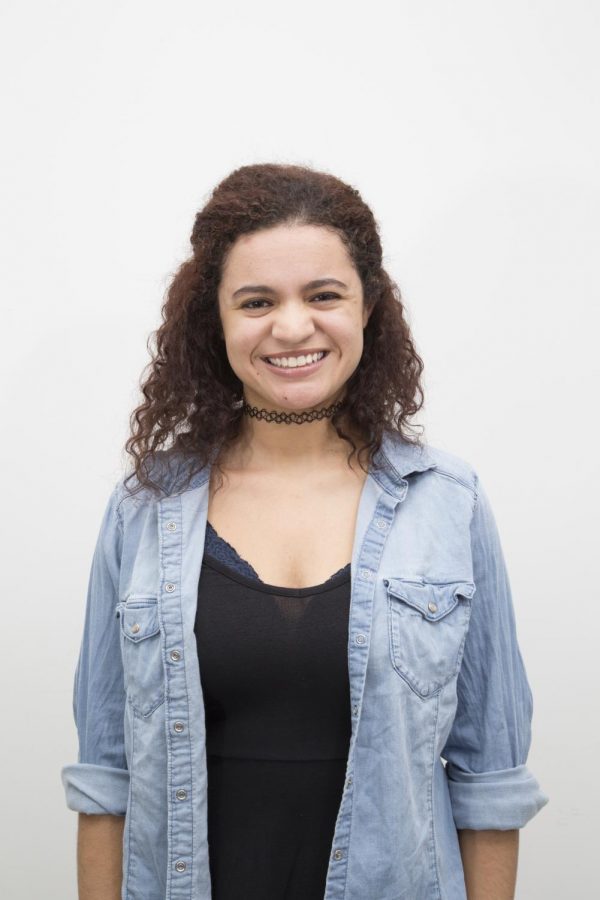Need for safe spaces go over U of C administration’s head
August 30, 2016
A letter to the University of Chicago’s incoming class of 2020 sent Aug. 24 from the Dean of Students, John Ellison, stated the university would not tolerate the use of intellectual “trigger warnings” or “safe spaces.” Ellison noted in the letter that the university would also refrain from cancelling controversial speakers and subsequently described safe spaces as a chance for students to escape viewpoints that contradict their own.
Ellison’s idea that safe spaces “coddle” students who do not want to hear a contrasting opinion is misguided. It denies the reality of students’ traumatic experiences such as surviving sexual assault or encountering racism on campus or elsewhere. Students are not looking for a chance to avoid a viewpoint challenge; rather, they want to feel safe and be heard.
In view of the university’s commitment to academic freedom, Ellison is right to want to continue to invite controversial speakers to the university because exposure to differing opinions is vital to education. Students can choose to attend these events or not; however, using trigger warnings and providing safe spaces does not deny speakers the opportunity to be heard. Rather, these practices allow students to decide whether or not they feel comfortable with what’s going to be discussed. Topics including racism, sexism, homophobia and sexual assault can evoke painful reactions and memories, which is quite different from affecting someone intellectually.
Trigger warnings are simply that—a warning to those who may be uncomfortable with a certain topic, so they can avoid possible reminders of trauma. It’s the fair thing to do in an educational institution where students are not included in most decision-making, such as curricular design or course requirements.
The Chicago Tribune reported Aug. 26 that Ellison was listed as a Safe Space ally on the U of C website’s LGBT community page, despite the statements he made in his letter. The website—which still has Ellison listed along with other members of the college administration—says the Office of LGBTQ Student Life Safe Space program aims to provide support and welcoming places for LGBT students as well as an ally network for the community.
Ellison’s letter is surprising for someone who pledged to facilitate a sense of belonging among LGBT students; in addition, the letter’s assumption that safe spaces are about hiding from ideas is disappointing. Ellison either misunderstood what it meant to become a safe space resource or is discrediting the struggles of marginalized groups such as the LGBT community he previously vowed to support.
U of C is also not the only prestigious college that has safe spaces. Colleges including the University of Maryland, University of California Berkeley and James Madison University all provide safe space networks or programs, according to information on the Great Value Colleges website.
U of C student body president Eric Holmberg told the Tribune that both safe spaces and trigger warnings are beneficial to an academic environment. Holmberg described trigger warnings as a precautionary measure advising students of content that may be traumatic—topics including race, gender or sexual assault. Colleges and universities should welcome the opportunity for controversial voices to be heard, but no one should be forced to listen. It should be up to the students to decide whether the content is something they feel comfortable engaging with.








